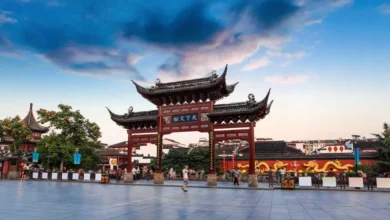The Rich Legacy of Indian Culture and Its Global Influence
India, a land of vibrant diversity and ancient traditions, boasts a cultural heritage that has profoundly impacted the world. From the spiritual depths of its philosophies to the rhythmic beauty of its arts, Indian culture offers a rich tapestry that continues to fascinate and influence global societies. This article delves into the key aspects of this legacy, exploring its historical roots and its pervasive modern-day reach.
Ancient Foundations: Setting the Stage for Cultural Richness
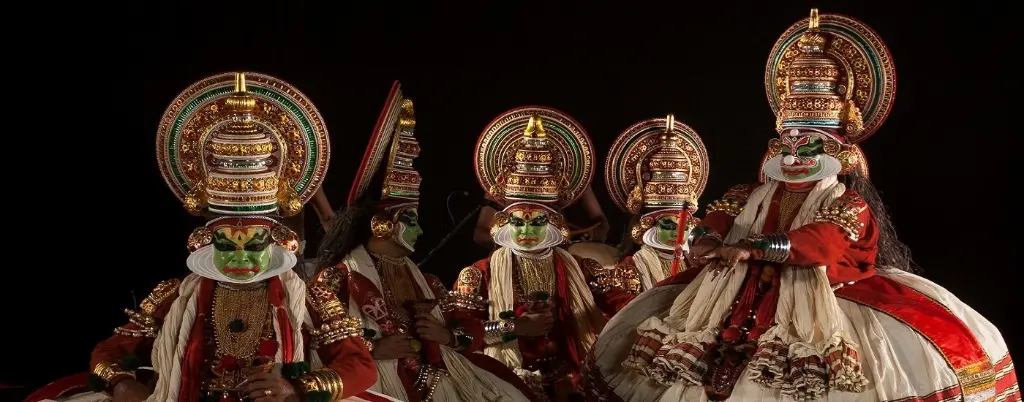
The roots of Indian culture extend back thousands of years, shaped by diverse ethnic groups, languages, and religious traditions. The Indus Valley Civilization, one of the earliest urban civilizations, laid the groundwork for later developments.
The emergence of the Vedas, ancient sacred texts, marked the beginning of the Vedic Period, a pivotal time for the development of philosophical thought and religious practices. These foundational elements shaped the core principles of Hinduism, which remains a major religion in India and globally.
The Development of Hinduism
Hinduism, often considered the world’s oldest living religion, evolved from Vedic traditions. It encompasses a complex pantheon of gods and goddesses, a vast array of scriptures, and a profound emphasis on dharma (righteous conduct), karma (action and consequence), and moksha (liberation from the cycle of rebirth). The philosophical schools of Vedanta, Yoga, and Samkhya, integral to Hinduism, have influenced spiritual practices worldwide, emphasizing self-realization and inner peace.
See also The Rising Popularity of Thai Culture in Food Wellness and More
The Rising Popularity of Thai Culture in Food Wellness and MoreThe Rise of Buddhism and Jainism
Alongside Hinduism, other significant religions emerged in ancient India, notably Buddhism and Jainism. Buddhism, founded by Siddhartha Gautama (the Buddha), gained prominence by emphasizing the Four Noble Truths and the Eightfold Path to end suffering. Jainism, founded by Mahavira, advocates for ahimsa (non-violence) and rigorous ascetic practices. These religions spread across Asia and beyond, impacting cultures and philosophies through their emphasis on compassion, mindfulness, and ethical conduct.
A Tapestry of Arts and Sciences
Indian culture is not only defined by its spiritual traditions but also by its vibrant arts and groundbreaking scientific advancements. From intricate artwork to complex mathematical systems, India has made significant contributions to the world’s intellectual and artistic heritage.
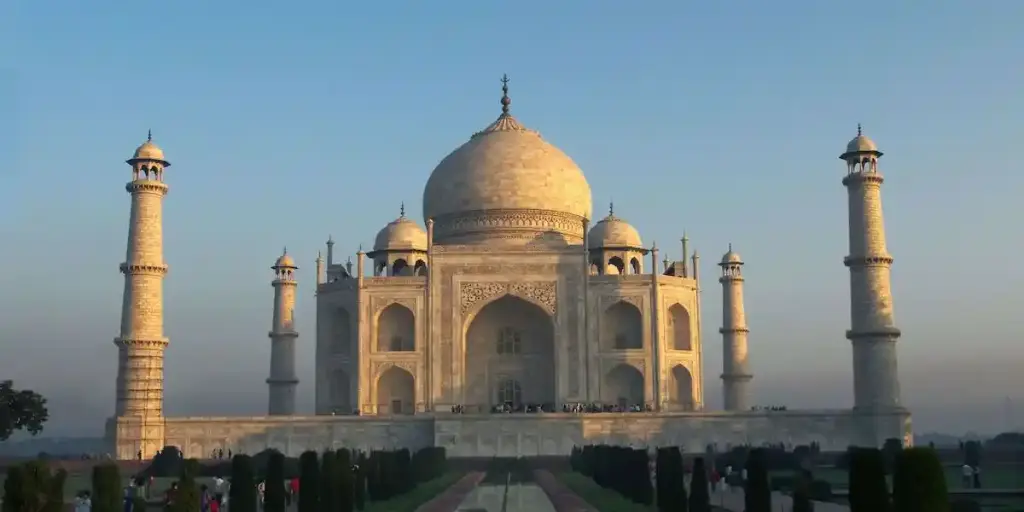
Art and Architecture: Expressions of Cultural Identity
Indian art and architecture are characterized by their diversity and intricate detail. Ancient rock-cut caves, such as those at Ajanta and Ellora, demonstrate remarkable skill and craftsmanship. The Mughal Empire left behind stunning architectural marvels like the Taj Mahal, a testament to the blending of Persian and Indian styles. Traditional Indian art forms, including painting, sculpture, and textiles, are recognized for their vibrant colors, intricate designs, and symbolic representations.
Music and Dance: Rhythms and Movements of Life
Indian music and dance are deeply expressive and steeped in tradition. Classical music traditions like Hindustani and Carnatic music are renowned for their complex melodic structures, rhythmic patterns, and spiritual depth. Classical dance forms such as Bharatanatyam, Kathak, and Odissi are not just performances but also spiritual practices, using graceful movements and symbolic gestures to tell stories and convey emotions. Folk music and dance, equally vibrant, reflect the diverse cultures and lifestyles of different regions.
See also The Role of Japanese Anime in Popularizing Asian Culture Globally
The Role of Japanese Anime in Popularizing Asian Culture GloballyScientific and Mathematical Innovations: India’s Intellectual Prowess
Ancient India was a hub for scientific and mathematical innovation. Indian mathematicians made groundbreaking contributions to algebra, trigonometry, and calculus. The concept of zero, essential for modern mathematics, originated in India. Indian astronomers developed sophisticated understanding of the cosmos, calculating astronomical cycles with accuracy. This legacy in science and mathematics has played a crucial role in the development of global knowledge systems.
Language and Literature: Preserving History and Culture
India’s linguistic and literary landscape is as diverse as its culture. From ancient Sanskrit texts to modern-day literary works, language has been a powerful medium for preserving history, conveying knowledge, and fostering cultural identity.
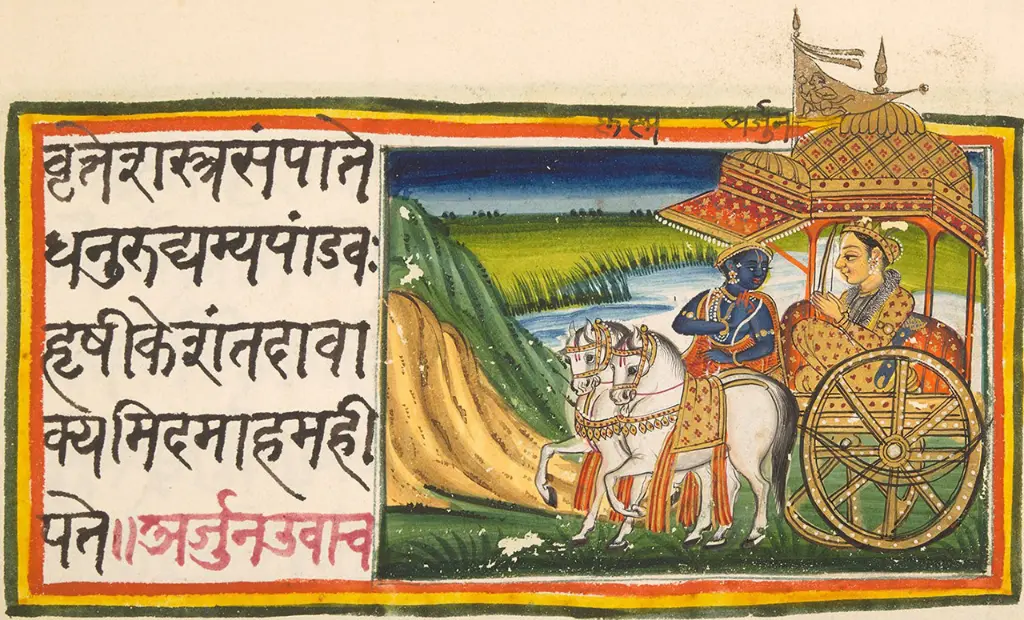
The Importance of Sanskrit
Sanskrit, an ancient Indo-Aryan language, is considered the mother of many Indian languages and is the language of most Hindu scriptures. It is revered for its complexity, grammatical precision, and the richness of its literature. Sanskrit texts, including the Vedas, Upanishads, and epics like the Mahabharata and Ramayana, are essential for understanding the philosophical and religious foundations of Indian culture.
Regional Languages and Literatures
India is home to a multitude of regional languages, each with its own rich literary tradition. Hindi, Urdu, Tamil, Telugu, Bengali, Marathi, and Gujarati are among the many languages that have produced significant literary works, ranging from poetry and prose to drama and philosophy. These languages reflect the linguistic diversity of India and enrich its literary landscape.
Epics, Folklore and Storytelling
Indian literature is renowned for its epic narratives, like the Ramayana and Mahabharata, which are not merely stories but also profound reflections on morality, duty, and the human condition. These epic tales, along with vibrant folklore and oral traditions, are integral to Indian culture. The art of storytelling, with its captivating narratives and moral lessons, has been a powerful medium for transmitting cultural values across generations.
Global Influence: Sharing India’s Cultural Treasures
The global influence of Indian culture is undeniable. Its philosophies, spiritual practices, arts, and cuisines have impacted cultures worldwide, transcending geographical boundaries. From the adoption of yoga and meditation practices to the popularity of Indian cinema, the influence of Indian culture continues to grow and enrich the global landscape.
Yoga and Spirituality: Promoting Well-being and Inner Peace
Yoga, a physical, mental, and spiritual practice rooted in ancient India, has become immensely popular globally. Its emphasis on physical postures, breathing techniques, and mindfulness has made it a valuable tool for promoting well-being and reducing stress. Meditation, a key component of Indian spiritual traditions, has gained global recognition for its benefits for mental health and inner peace.
Cuisine and Culinary Traditions: Flavors that Delight
Indian cuisine, with its rich variety of spices and flavors, has found a global audience. From curries and biryanis to tandoori dishes and street food, Indian food is celebrated for its diverse range and unique taste profiles. The use of spices, herbs, and cooking techniques often reflects regional variations and has contributed to the development of culinary traditions worldwide.
Bollywood and the Power of Indian Cinema
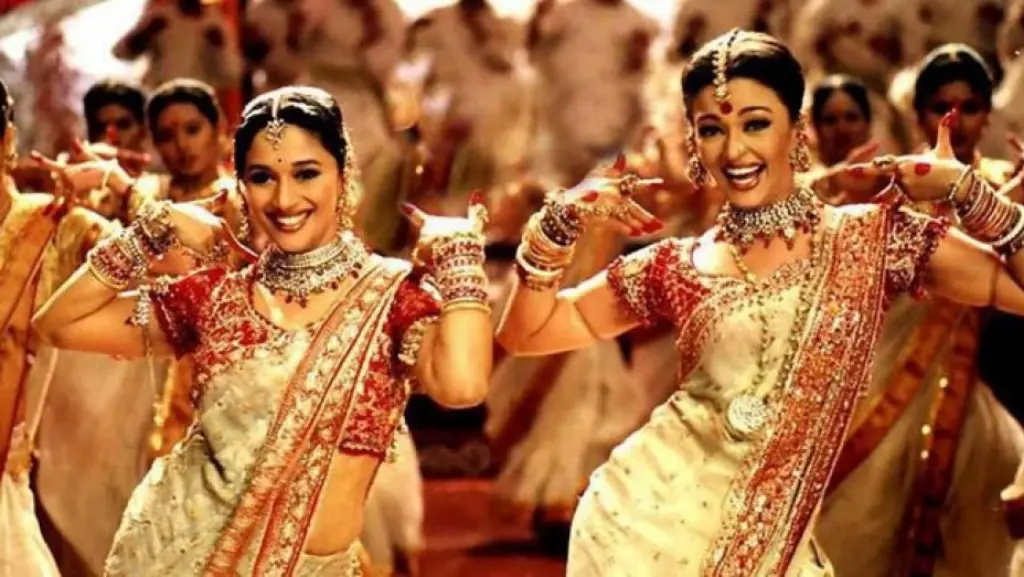
Bollywood, the Indian film industry based in Mumbai, is one of the largest film industries in the world. Indian films, known for their vibrant colors, music, and dance sequences, have gained popularity across continents. Bollywood’s global impact can be seen in the adoption of its storytelling conventions, fashion trends, and music styles in various cultural contexts.
The Influence on Literature and Arts
Indian literature, including ancient texts and modern literary works, has inspired writers and artists worldwide. The philosophical concepts of Hinduism and Buddhism, as well as the intricate narratives of Indian epics, have influenced the development of world literature and artistic expressions. The use of vibrant colours and intricate patterns in Indian art and textiles has also inspired global design trends.
Diaspora Communities: Spreading Cultural Awareness
Indian diaspora communities around the world have played a crucial role in spreading awareness of Indian culture and traditions. Through cultural festivals, educational programs, and community gatherings, diaspora populations keep the traditions of their homeland alive and contribute to the cultural diversity of their adopted countries.
The Ongoing Evolution and Relevance
Indian culture, though rooted in ancient traditions, continues to evolve and adapt to modern times. The interplay between tradition and modernity is shaping the future of Indian culture. Its ability to incorporate new influences while maintaining its core values has allowed it to remain relevant and influential in the 21st century.

Preserving Heritage in the Modern Era
Preserving the rich heritage of Indian culture remains a significant task. Efforts are being made to protect historical sites, promote traditional arts and crafts, and preserve ancient languages and literary works. Education and awareness campaigns are vital for ensuring that future generations appreciate and value their cultural inheritance.
The Global Cultural Interplay
The continued global interaction between India and the rest of the world is fostering a dynamic exchange of ideas and traditions. This interplay is leading to new interpretations of Indian culture and allowing for its further enrichment and evolution. As cultures mix and boundaries blur, Indian culture is set to remain a powerful and inspiring force.
A Timeless Legacy for Future Generations
The rich legacy of Indian culture is a testament to the enduring power of human creativity, spirituality, and innovation. From its ancient origins to its modern-day global influence, it continues to offer profound lessons and enrich the human experience.
As we delve into this legacy, we not only appreciate the depth of India’s contribution to the world but also gain valuable insights into the diversity and richness of human culture in its entirety. The timeless teachings, artistic masterpieces, and profound wisdom of India will undoubtedly continue to inspire and shape generations to come.
In conclusion, the influence of Indian culture on the global stage is undeniable and multifaceted. Its rich tapestry of traditions, arts, sciences, and philosophies continue to inspire and enrich people’s lives around the world. As the global landscape evolves, India’s cultural heritage stands as a beacon of knowledge, beauty, and timeless wisdom.




